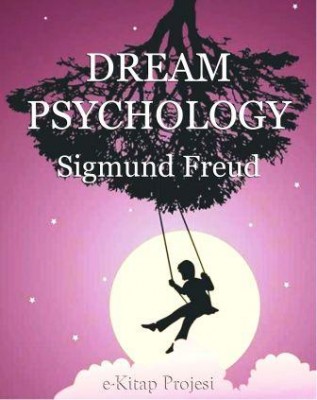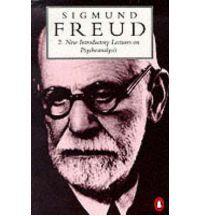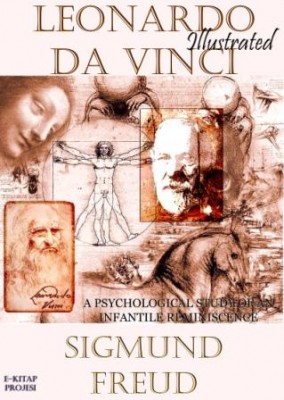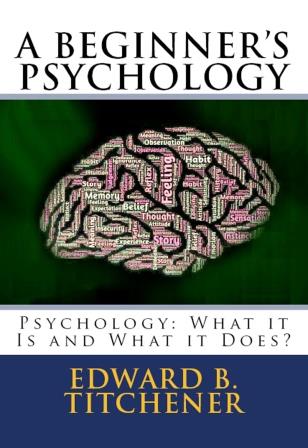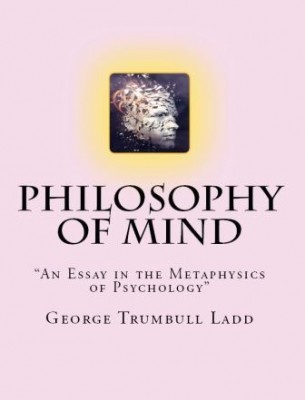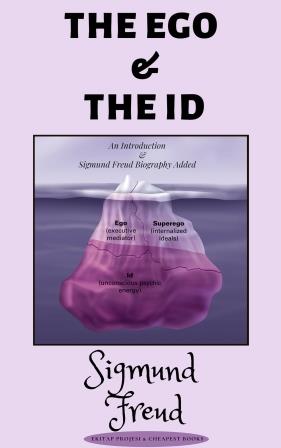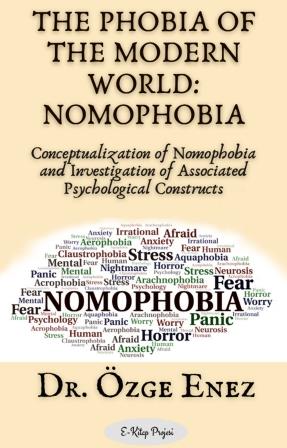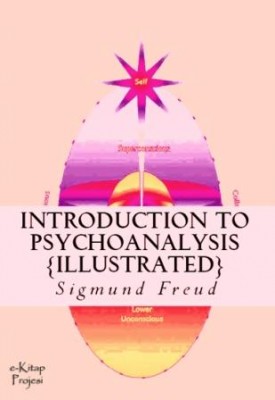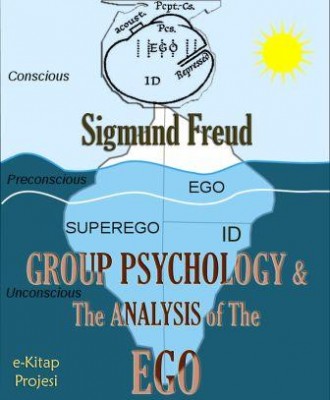Chapter I
DREAMS HAVE A MEANING
In what we may term "prescientific days" people were in no uncertainty about the interpretation of dreams. When they were recalled after awakening they were regarded as either the friendly or hostile manifestation of some higher powers, demoniacal and Divine. With the rise of scientific thought the whole of this expressive mythology was transferred to psychology; to-day there is but a small minority among educated persons who doubt that the dream is the dreamer's own psychical act.
But since the downfall of the mythological hypothesis an interpretation of the dream has been wanting. The conditions of its origin; its relationship to our psychical life when we are awake; its independence of disturbances which, during the state of sleep, seem to compel notice; its many peculiarities repugnant to our waking thought; the incongruence between its images and the feelings they engender; then the dream's evanescence, the way in which, on awakening, our thoughts thrust it aside as something bizarre, and our reminiscences mutilating or rejecting it—all these and many other problems have for many hundred years demanded answers which up till now could never have been satisfactory. Before all there is the question as to the meaning of the dream, a question which is in itself double-sided. There is, firstly, the psychical significance of the dream, its position with regard to the psychical processes, as to a possible biological function; secondly, has the dream a meaning—can sense be made of each single dream as of other mental syntheses?
Three tendencies can be observed in the estimation of dreams. Many philosophers have given currency to one of these tendencies, one which at the same time preserves something of the dream's former over-valuation. The foundation of dream life is for them a peculiar state of psychical activity, which they even celebrate as elevation to some higher state. Schubert, for instance, claims: "The dream is the liberation of the spirit from the pressure of external nature, a detachment of the soul from the fetters of matter." Not all go so far as this, but many maintain that dreams have their origin in real spiritual excitations, and are the outward manifestations of spiritual powers whose free movements have been hampered during the day ("Dream Phantasies," Scherner, Volkelt). A large number of observers acknowledge that dream life is capable of extraordinary achievements—at any rate, in certain fields ("Memory").
